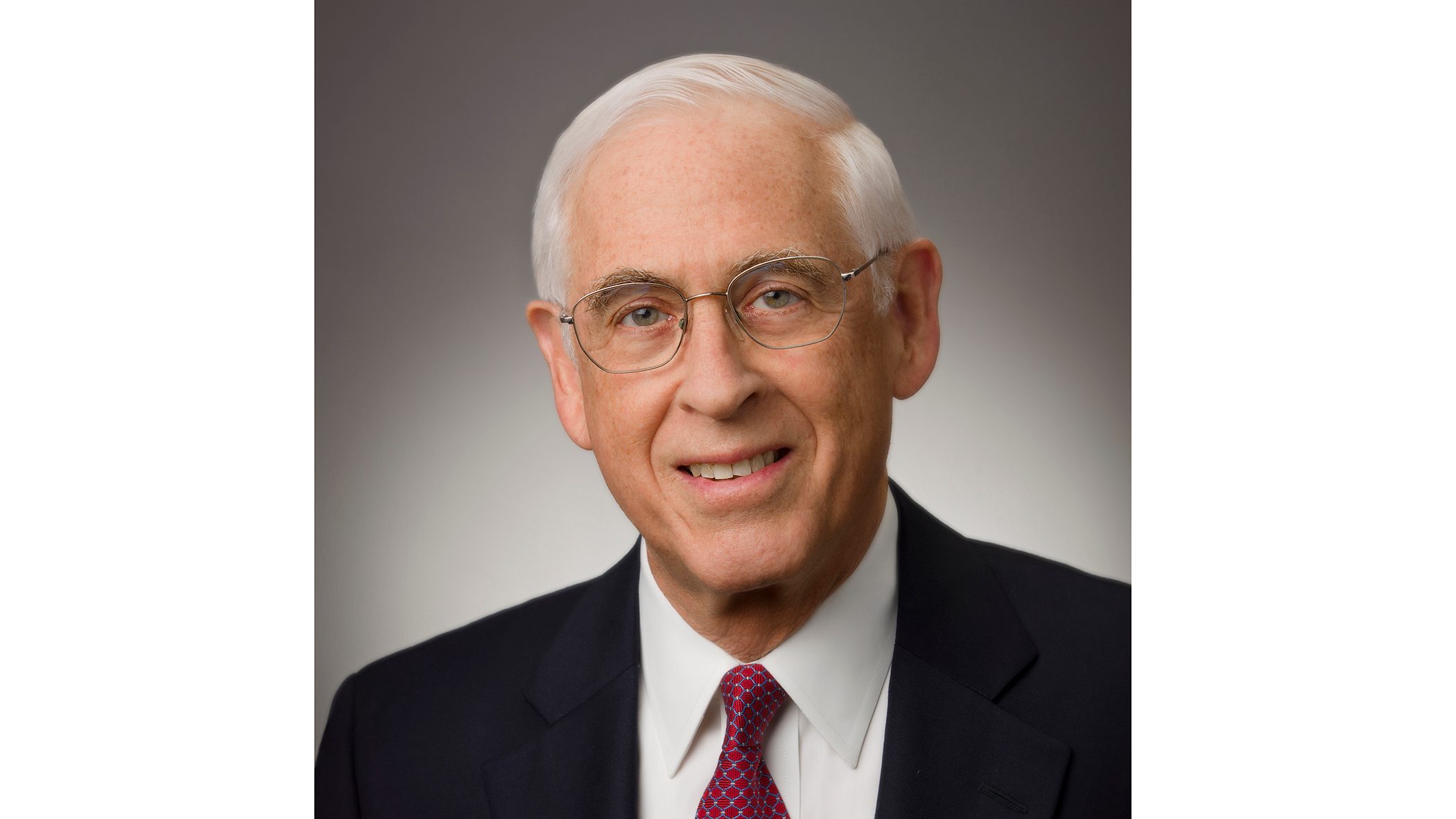Back in the game after a brain tumor in the bladder

Annual Report 2016
In its 75-year history, MD Anderson has never slowed in its drive to advance cancer medicine through patient care, research, prevention and education initiatives. That commitment has made the institution the premier cancer hospital in the nation.

Opportunity and the evolution of cancer...
Since 1941, MD Anderson has attracted many of the brightest minds in medicine to Houston, where they’ve changed the world and the way cancer is treated through innovation, creativity and breakthroughs. Their commitment has resulted in improved outcomes and a steady rise in survival rates for cancer patients around the world.
That tradition of discovery continues in 2017, and will carry us through the years to come as the advances of...
MD Anderson and the three pillars of modern cancer treatment
Three of the institution’s faculty members have played
significant roles in the development of chemotherapy,
targeted therapy and...
Doctors use liquid nitrogen to freeze and destroy tumors. There’s no hospitalization, no sedation, no scarring and no pain.
Partnerships expand MD Anderson’s reach from coast to coast
Four new partnerships will bring greater access to advanced cancer care in California, New Jersey and Texas
To combat opioid dependency, Tonya Edwards — a nurse in MD Anderson’s Supportive Care Center — created a strategy for detecting...
The less-risky transplant helped Cinda Matthews put her chronic myelomonocytic leukemia in long-term remission
Under the leadership of Charles LeMaistre, M.D., MD Anderson’s prevention program became an international model of research and...
The success of a clinical trial of a new targeted therapy could lead to a new standard of care
A drug developed at MD Anderson to starve cancer is tested on an aggressive leukemia
MD Anderson investigators are getting closer to understanding why some tumors respond to immunotherapy and others don’t
ORBIT is focused on advancing novel therapeutics for several forms of cancer
Previous Issues
View archives





















